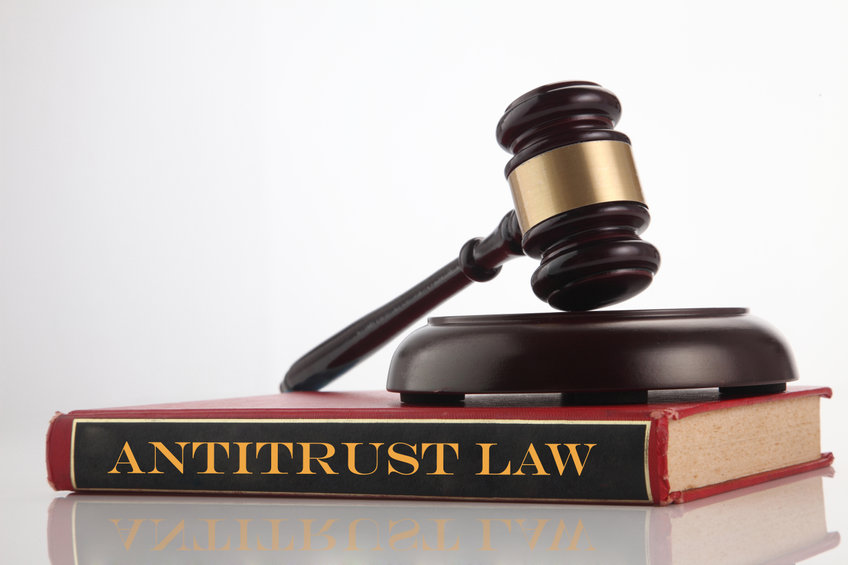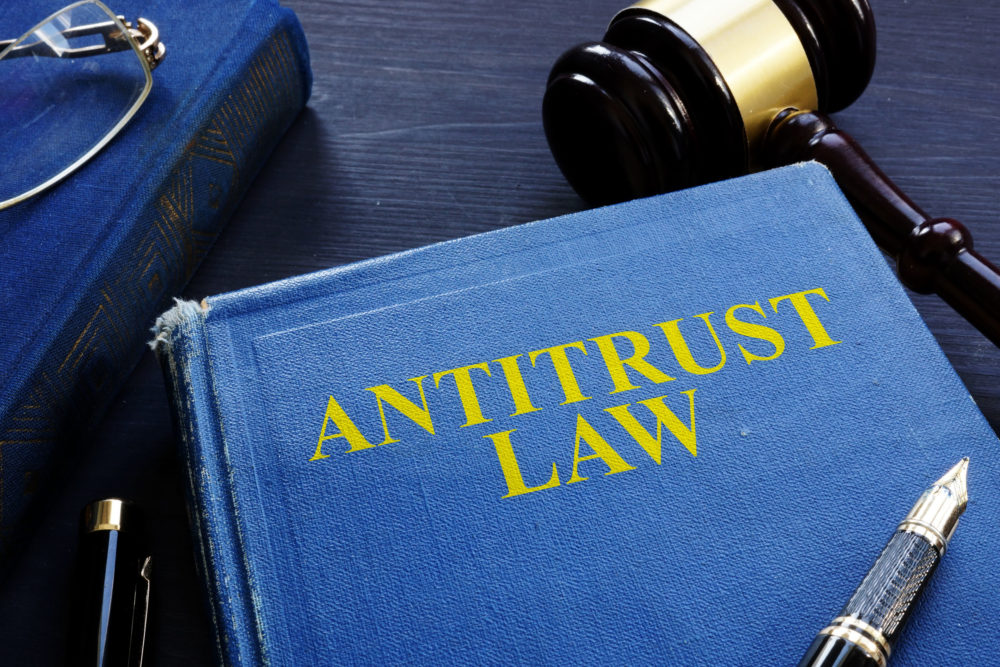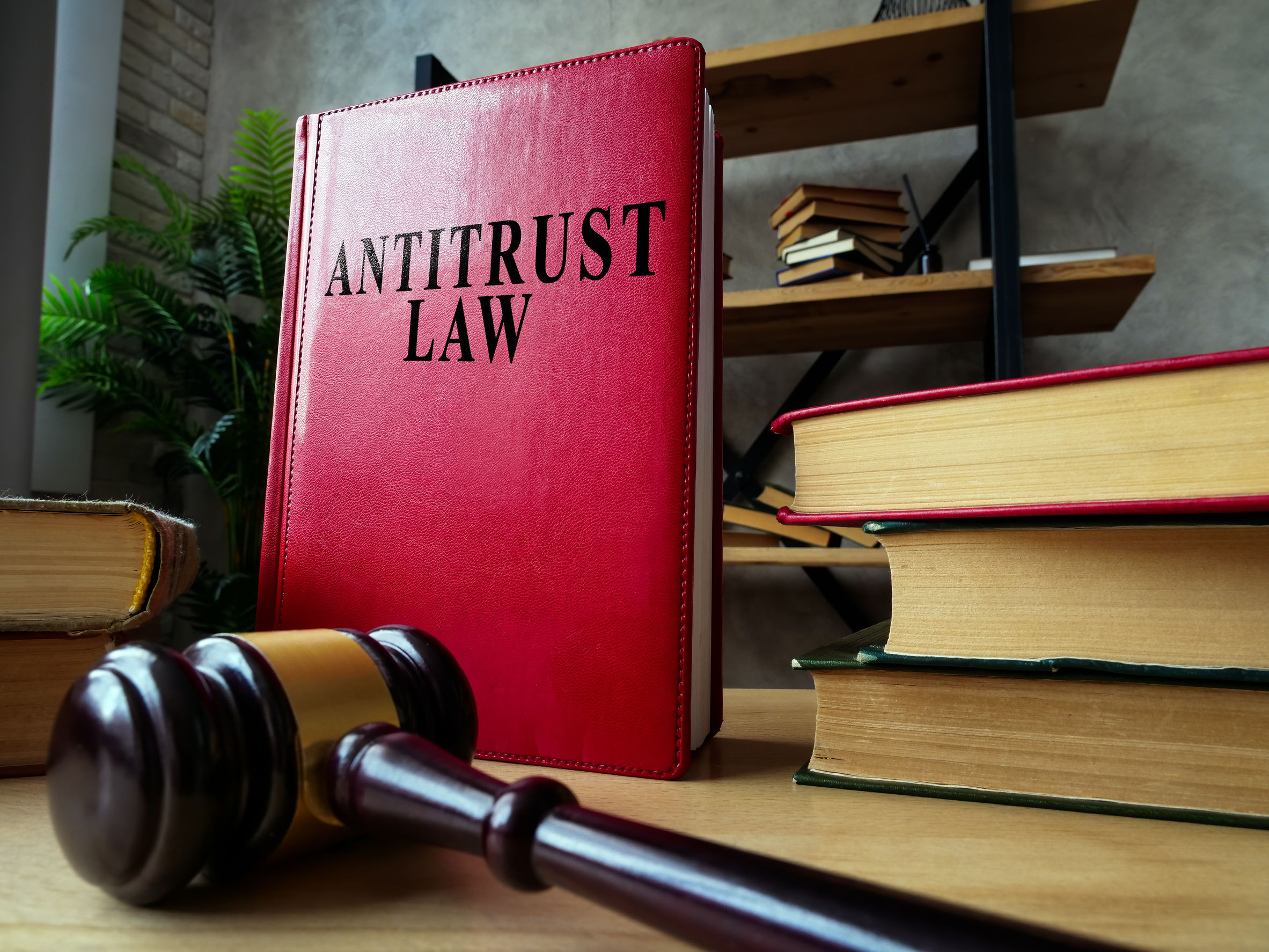Since the onset of the COVID-19 pandemic, the number of consumer class action lawsuits drastically upsurged in various industries. The regulatory paradigm has also significantly evolved with recent court decisions shedding light on future class action lawsuits. As the landscape remains uncertain, businesses and their counsel should keep themselves in the know of any emerging development in this field of law. They must also plan for effective litigation strategies to avoid mishaps.
Consumer Class Action Trends and Developments: What You Need to Know and Do
TKG2021-06-03T02:46:14-04:00Several regulatory updates and trends on consumer law have resulted in thousands of consumer class actions over the last few years. Concurrently, the present economic upheaval brought by the COVID-19 pandemic fueled a spike in the number of consumer lawsuits filed from various industries.
Emerging Antitrust Issues Amid the COVID-19 Pandemic: What Companies and Financial Institutions Must Know and Do
TKG2021-08-20T01:24:44-04:00The COVID-19 pandemic is reshaping antitrust law enforcement across the globe. Recognizing the need for a closer cooperation among private businesses, the US government seems to be more flexible now in reviewing COVID-19-related competitor collaborations. In April, both the Department of Justice (DOJ) and the Federal Trade Commission (FTC) announced the expedited seven-day evaluation procedure, which typically takes months for traditional business reviews.
Antitrust Litigation: Class Certification Issues and Developments
John Patrick2022-09-29T21:36:42-04:00Prompted by the Biden administration’s aggressive focus on market competition, the past year has witnessed notable antitrust enforcement activities in several key industries. Furthermore, recurring debates over class certification standards continue to shake up the legal landscape for antitrust lawsuits.
Resolving Consumer Class and Mass Action Claims: Significant Issues and Considerations Explored
Paul Ticatic2022-12-29T01:11:42-05:00Class actions remain at the forefront of in-house counsel’s concerns and top legal spend.
Class Action Litigation: Demystifying Trends, Developments, and Best Defense Strategies
Joenel2022-12-27T21:17:37-05:00The rising competition among several industries including the healthcare and digital platforms has continuously challenged economic fairness and posed compliance hurdles for practitioners specifically under the Sherman Act. Some of the violations include price fixing, rigging contract bids, and allocating consumers between businesses that should be competing for them.
Practical Guidance to Antitrust Class Certification: Emerging Nuances Associated with Damages Claims
jasper.alamares2021-11-19T00:22:36-05:00In the class certification stage, plaintiffs bear an evidentiary burden to satisfy Rule 23 of the Federal Rules of Civil Procedure. District courts are also required to consider all probative evidence regardless of overlaps or other merit issues, especially with the inclusion of unharmed class members. Recent decisions released by the Supreme Court in Goldman Sachs and TransUnion clearly define this mandate.
Class Certification in Antitrust: Key Considerations to Avoid Pitfalls
Joenel2023-01-02T21:44:16-05:00Class certification standards continue to evolve as new litigation trends emerge and sweeping decisions come down from courts. In the antitrust class action landscape, recent issues include the use of statistical analysis, the preponderance of evidence standards, and the resolution of conflicts regarding the number of uninjured class members.
Consumer Class Action Litigation: Tips & Strategies for Your Firm in 2020 and Beyond
Iwork OJT2021-05-20T04:26:15-04:00Consumer financial services companies continue to face unprecedented regulatory and enforcement scrutiny and increasing litigation. Several types of consumer class actions cause disruption to many businesses. Consequently, the increasing number of this type of litigation as well as its size, complexity, and interplay with existing regulatory actions may damage businesses if not handled correctly.









